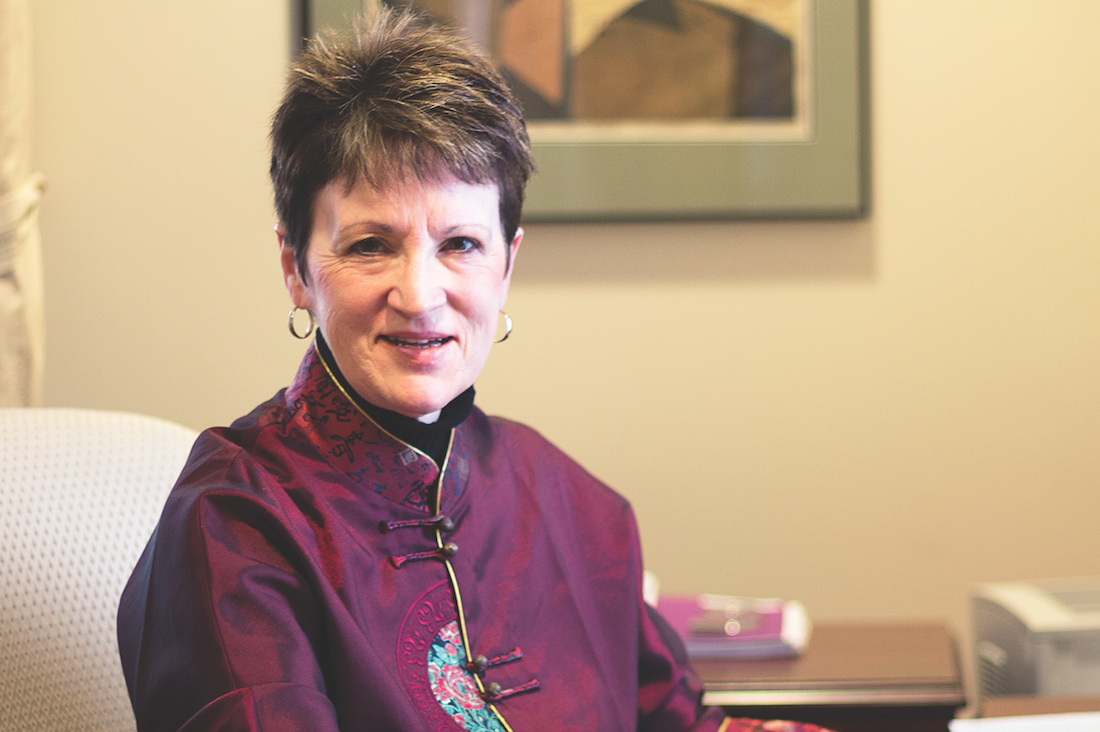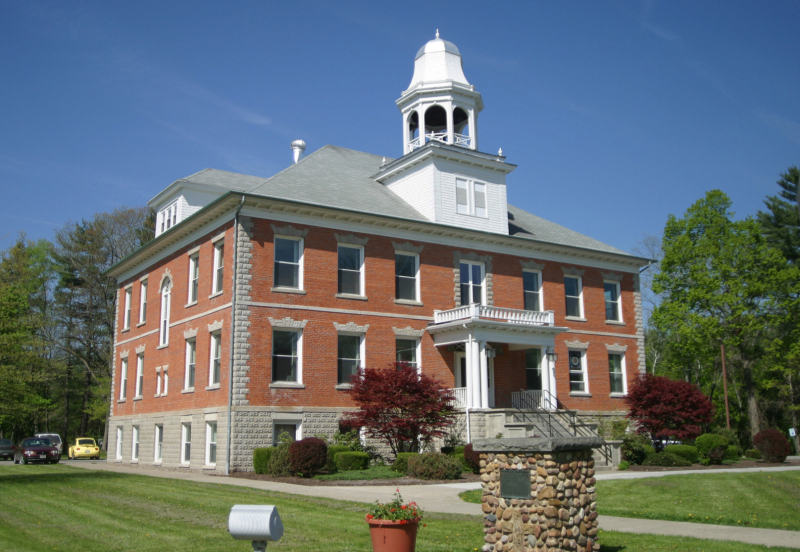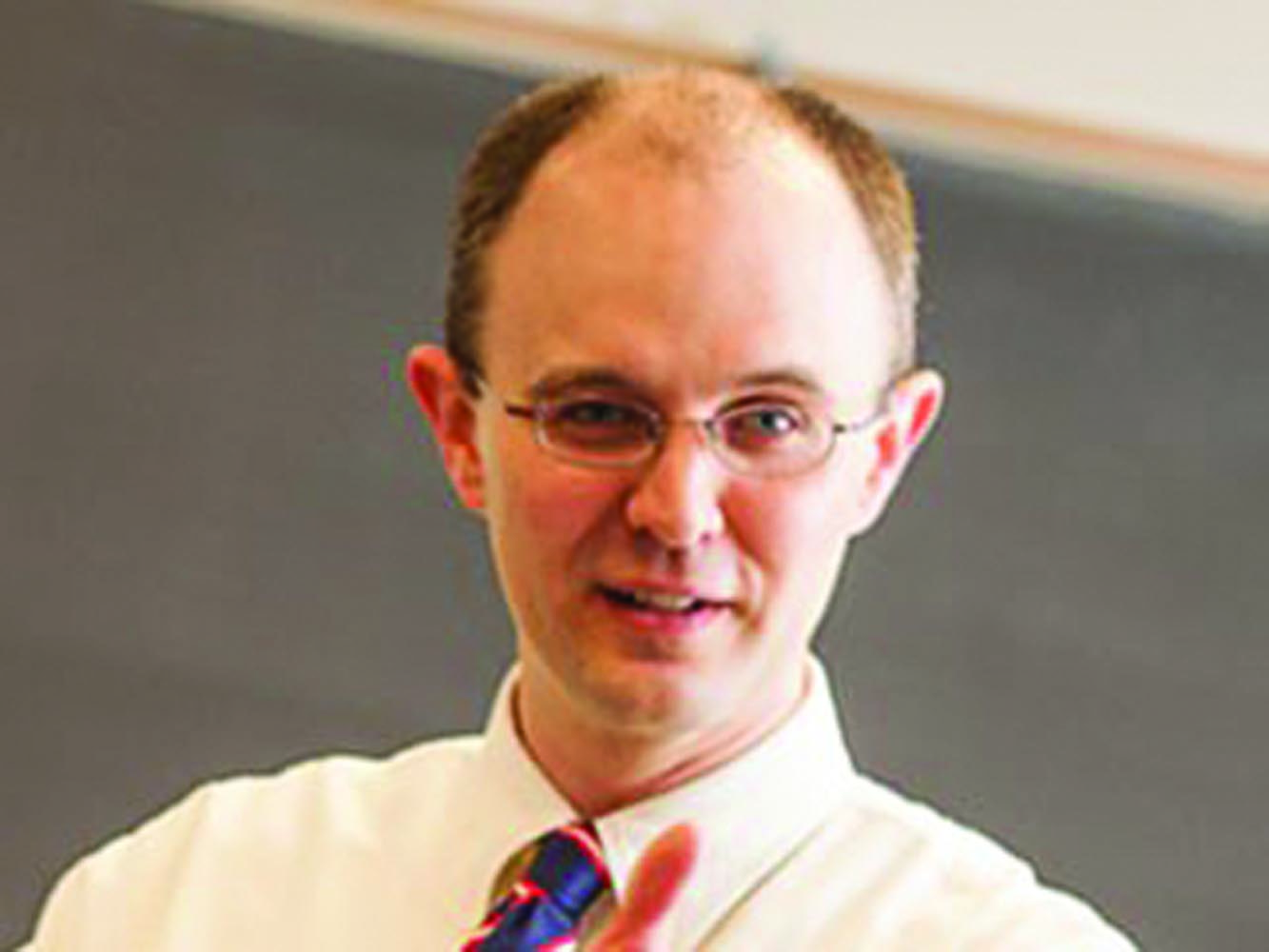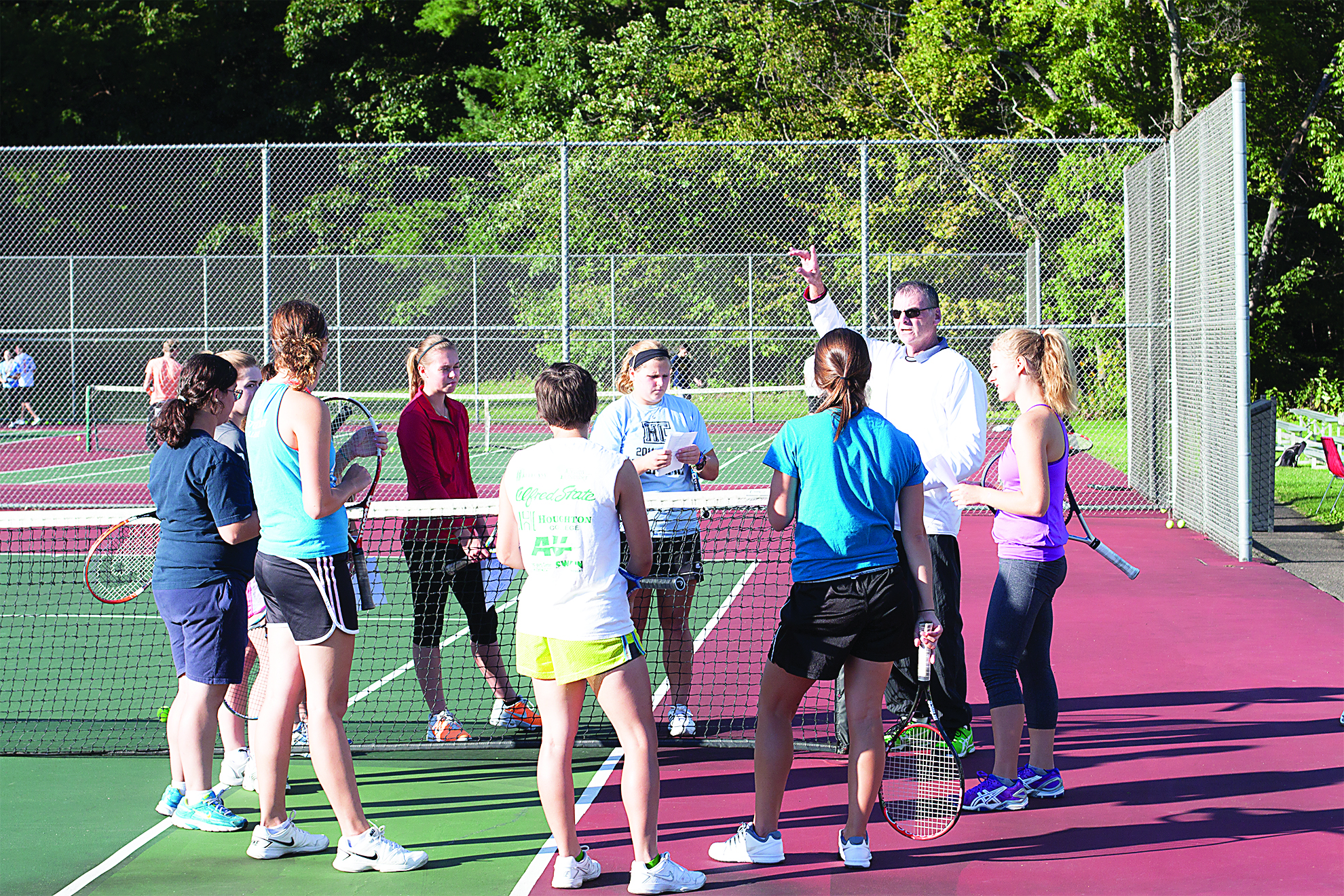Category: Campus
Purple And Gold Week 2016
Houghton’s annual Purple and Gold week will occur alongside Homecoming Week, October 3 through October 8. This year, first year…
Transit Offers Houghton-to-Wellsville Connection
Students can now enjoy an afternoon in Wellsville for a small fee by utilizing Wellsville’s ACCESS Allegany transit bus Houghton-to-Wellsville…

State of the College Address Given
On Monday September 19, President Mullen addressed the student body with a summary of her annual State of the College…
Guest Professional Speaks On Faith In Workplace
On Thursday, September 15, the first of five Guest Professional Dinners to be featured this semester took place in the…

New Majors See Success
Houghton College’s mission statement states that Houghton College seeks to prepare students for the changing world of the twenty-first century.…

Professor Hosts Constitution Day Presentation
On Tuesday, September 20, professor of political science, Peter Meilander, hosted a presentation with Christen Price entitled “Transgender Rights, Religious…

Fall Sports Off to Strong Start
A few weeks into the fall semester, and athletics are off to a good start. Both the women’s tennis team…
Houghton Welcomes Increase in First-Year Enrollment
Enrollment for the 2016-2017 year has shown significant changes in the make-up of the incoming class. Most notably, the ratio…
Houghton Highlanders Welcome Three New Coaches to Athletic Department
This school year, Houghton will welcome three new coaches to campus. Two of the three coaches are Houghton college alumni.…
Longtime History Professor to Retire in the Spring
Professor of history, William Doezema, who came to Houghton College in forty years ago, will be retiring in the spring…
